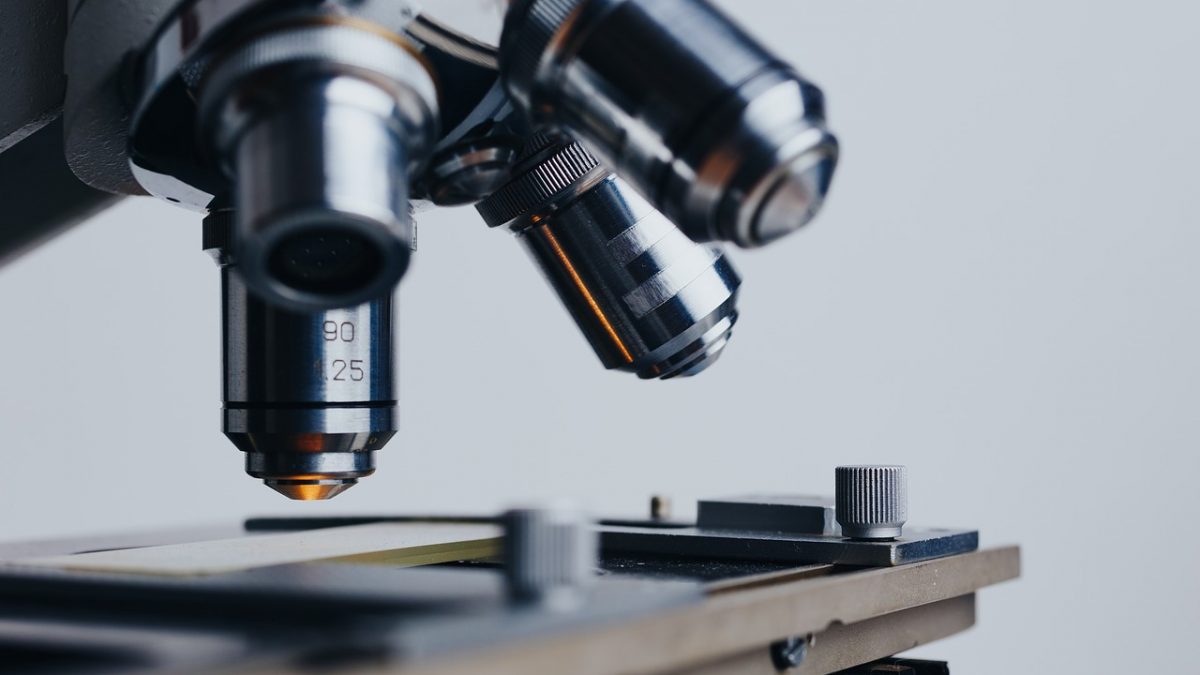
Criminal justice is at breaking point
October 31, 2021
Commercial Awareness Update – W/C 1st November 2021
October 31, 2021Written by Alina Kazmi.
Artificial Intelligence (AI) development would have a significant impact on life sciences businesses. AI programmes are able to filter through large and complex datasets quickly and can also search the scientific literature for relevant studies. Neutral networks, which can cross-reference many different information streams and make connections, are expected to provide a much accurate shortlist of drug candidates quickly and cheaply than existing processes. This will improve the economics of drug discovery immeasurably.
AI opportunities in the life science sector
There are several areas where AI is playing an important role, such as the design of clinical trials and the interpretation of the data they produce. This allows effective patient enrolment and trials to be conducted on a smaller population of patients. AI can increase the chances of accurate personalised medicines by taking into account individual patient information. Also, AI can tailor the personalised medicine to ensure it is the correct dosage and adjust the dosage if the disease mutates. AI would also help regulators to approve new drugs sooner, by increasing the availability of real-world data as a way to assess the performance of drugs in the real world (CMS). Supply chains in the life sciences business can become more efficient with AI, as it can enable manufacturers to scale up or down production accordingly.
Challenges of AI development
However, AI development has its challenges, such as its impact on healthcare, which appears to be a slow burn. The quality of the data affects the quality of the outcome. Medical research data will require considerable curation because it can be used to produce robust answers (CMS). This process is expensive and time-consuming, which would affect the economics of AI adoption in life sciences. The expensive cost and high risk of failure make the life sciences sector less attractive to the most talented AI developers that are short in supply but high in demand. Deloitte reportedly placed life sciences in the ‘High AI investments/low returns’ category: it was the only industry in this classification.
Legal uncertainty
In reality, AI will cause drastic changes in the health care sector in the next 10 to 20 years. Lawmakers will need to adapt and provide legislation that fosters the appropriate application of AI in the life sciences sector, while at the same time implementing high ethical standards. Legal issues will arise, such as what if the AI-powered assessment or prediction is inaccurate? Who will be responsible for damages that occur because of inaccurate results of an AI-powered assessment? Should lawmakers apply strict liability as in product liability law, or should we apply the traditional tort and contract law approach, where we look for fault and negligence? What if no human is at fault?
Going forward?
The way forward is to define how much human intervention is required. Currently, as the law stands, standard treatment needs to be administered first, even if AI advises against it. This may call for a change in current laws, as AI may help identify an unlicensed drug as the most suitable medication to treat certain diseases. Yet, under current law, the use of unlicensed drugs is only permitted in exceptional cases, which means that AI has to be ignored.
The UK aims to become the global hub for life sciences in the future with unrivalled medical innovation within the NHS (BIS report). AI development and precision medicine will allow future doctors to tailor treatments to each patient’s specific needs, which can save lives and save the NHS money. Sir John Bell identified genomics, digital health, and early diagnoses as three areas where the UK could develop new industries and remain a world leader in life sciences. CMS partner, Healy, stated that these areas could present very big opportunities: the collaboration between private companies and the NHS has potential benefits if structured correctly. A key challenge that the life sciences sector will face is to address ethical and legal issues in accessing and managing patient’s data. Law firms will need to advise clients in breach of data protection laws as data breaches will erode public trust in the development of AI.





